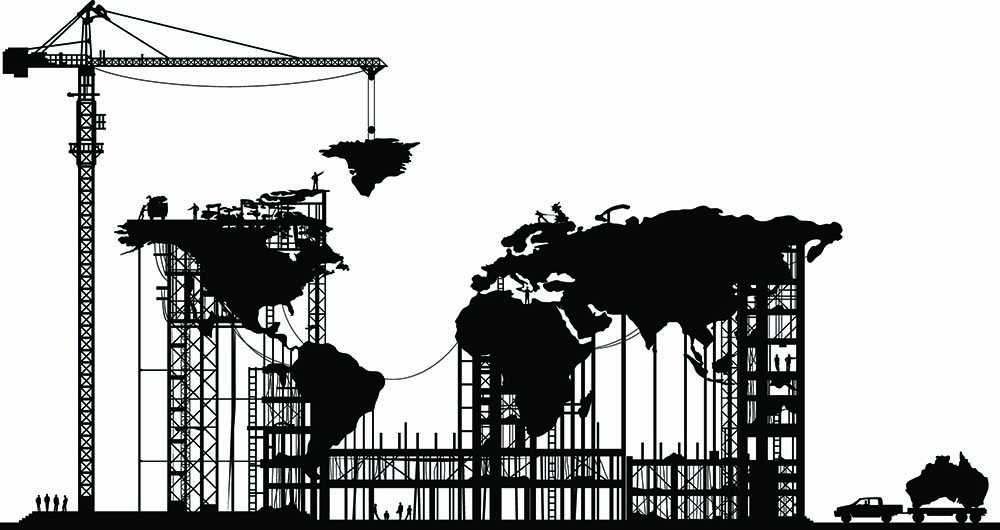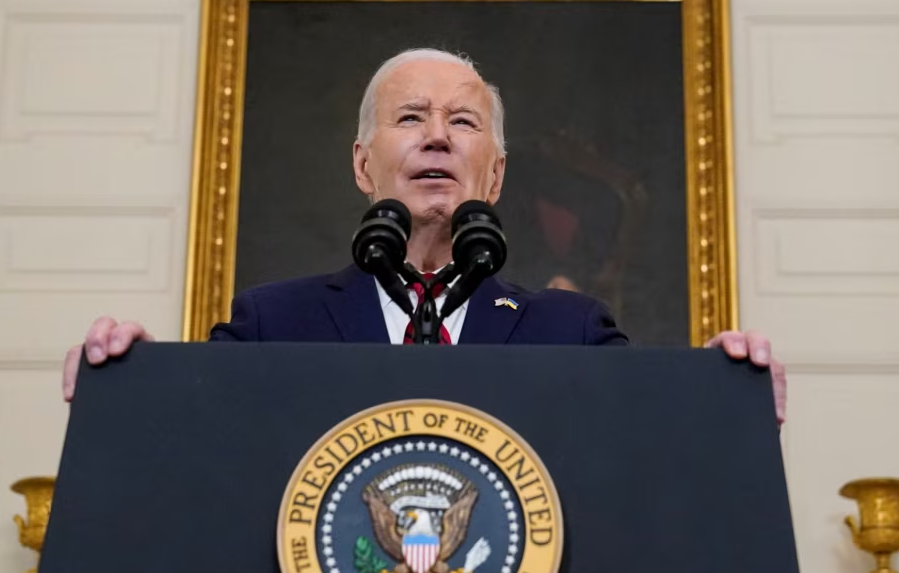Joseph S. Nye, Professor, Harvard University
Jun 18, 2024
Two years ago, I outlined eight lessons from the Ukraine War. And though I warned that it was too early to be confident about any predictions, they have held up

Zhang Tuosheng, Principal Researcher at Grandview Institution, and Academic Committee Member of Center for International Security and Strategy at Tsinghua University
May 22, 2024
Despite their positive aspects, globalization, multi-polarization and technological advancement come with pronounced negatives that pose challenges to the post-Cold War world order. The only way forward is for the West to cooperate with China and engage in active and candid dialogue.

Guan Guihai, Executive Vice President, Institute of International and Strategic Studies
May 17, 2024
The wisdom in China’s major-country diplomacy serves as a rudder in China-Russia relations. It is also the anchor that stabilizes relations with others, including the United States and European Union.
Xiao Bin, Deputy Secretary-general, Center for Shanghai Cooperation Organization Studies, Chinese Association of Social Sciences
May 08, 2024
American involvement in the Ukraine war is partly driven by moral imperatives, but the deeper reason is concern for its own future security. NATO’s reliance on Washington could increase as Russian power is drained, but it will be difficult to change the tactical balance on the battlefield.

Sun Chenghao, Fellow, Center for International Security and Strategy of Tsinghua University; Munich Young Leader 2025
Ezgi Koklen, Research Assistant, Ankara Center for Crisis and Policy Studies
Apr 26, 2024
While the United States has come through for its allies in Europe, Israel and Ukraine for now, there is reason for concern. Depending on who is elected U.S. president in November, securing further U.S. support could become increasingly difficult. If Donald Trump wins, there could be trouble ahead.
Jade Wong, Senior Fellow, Gordon & Leon Institute
Apr 19, 2024
The French president has no intention of rushing troops into Ukraine without first getting his country’s allies to buy in. However, his rhetoric has be alarming, leading to serious discussions about escalation. It’s a very dangerous development.
Xiao Bin, Deputy Secretary-general, Center for Shanghai Cooperation Organization Studies, Chinese Association of Social Sciences
Apr 19, 2024
If Donald Trump returns to the White House next year, it might represent a turnaround for Russia. Although President Vladimir Putin has said that Russia would prefer Joe Biden, he also cannot fail to see an opportunity in Trump to continue his quest to restore Russian dominance, starting with Ukraine.
Kemel Toktomushev, Research Fellow, University of Central Asia
Apr 12, 2024
While Central Asia is caught between two adversarial powers, it is unlikely to distance itself from Russia and China due to its geographical proximity and the already well-established ties between these nations.
Richard Weitz, Senior Fellow, Hudson Institute
Apr 05, 2024
As the conflict in Ukraine rages on, Russia has fewer nations to turn to to help sustain its protracted incursion save for China. Should the world be more wary of China committing greater resources to helping Russia’s cause?
Xiao Bin, Deputy Secretary-general, Center for Shanghai Cooperation Organization Studies, Chinese Association of Social Sciences
Mar 22, 2024
As more relatively weak countries find themselves unable to stay out of the war, China must walk a careful path. It must avoid and mitigate risks, safeguard its national interests and put Ukraine on the road to peace at an early date. To this end, it needs a more flexible and pragmatic strategy.